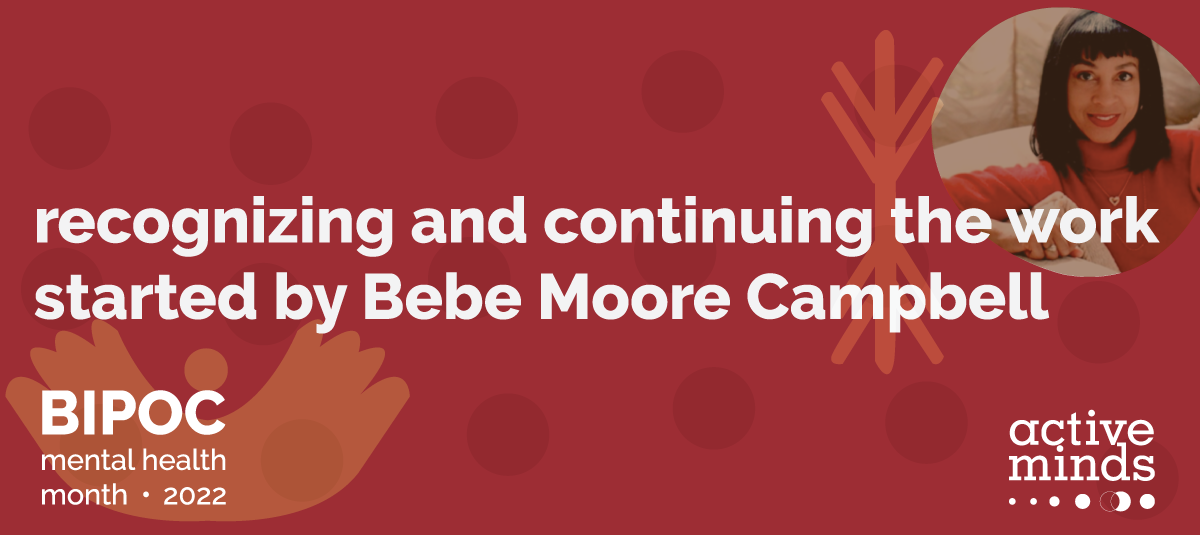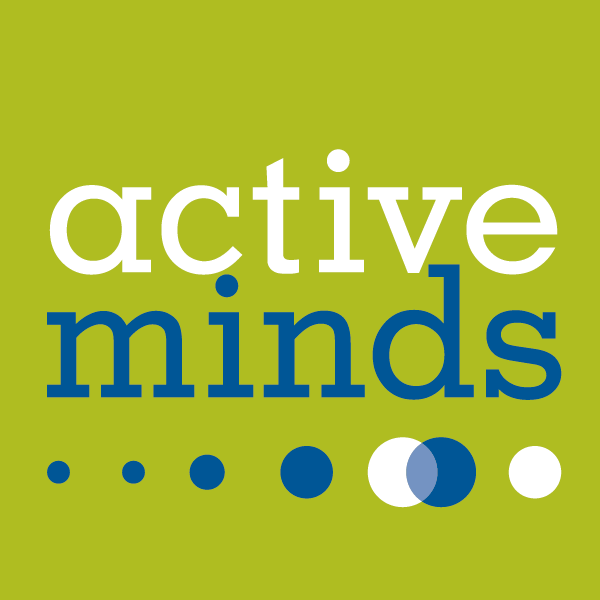The mental health movement has strong foundations predating much of who and what we consider to be at the forefront of conversations today. Since 2008, BIPOC Mental Health Month has been a cornerstone of today’s national mental health efforts, elevating the conversation around Black, Indigenous, and People of Color (BIPOC) communities’ mental health.
Before being known by its current name, BIPOC Mental Health Month was recognized as Bebe Moore Campbell National Minority Mental Health Awareness Month, in honor of the woman who changed mental health advocacy by spotlighting the fact that there was and remains a need for a united movement to destigmatize mental health in BIPOC communities. She emphasized the need to speak up, be vulnerable about your struggles, and seek professional help when needed, none of which were easy at the time, especially in oppressed communities.
“It’s not shameful to have a mental illness. Get treatment. Recovery is possible.” – Bebe Campbell Moore
It’s okay to not be okay, and continuing to advocate for equitable access to mental health treatment and support is how we can continue her legacy. Now more than ever, it’s important to make sure that that spotlight continues to shine on Campbell, and the work that she did to ensure that BIPOC mental health stands in the forefront of mental health conversations.
Before she became a household name in mental health, Campbell worked as a journalist for a variety of national publications and eventually turned to fiction writing following a successful reporting career. Through her work, she primarily focused on dispelling the stereotypes of Black people through the spectrum of real-world happenings, like the Emmett Till lynching. Then, in 2003, Campbell honed her focus on tackling issues around mental health when she released a children’s book, “Sometimes Mommy Gets Angry.” It told the story of a young girl’s journey living with a mother that suffered from mental illness. She would reveal that this passion was driven by having a close family member that lived with serious mental illness and her frustrating journey to find this person the proper, easily-accessible care that they deserved and desperately needed.
This was the official beginning of her work to boldly amplify a subject that had never fully been addressed before in mainstream culture: the mental health experiences and challenges of oppressed communities. Regarded as one of her most impactful contributions to the movement was the release of the New York Times bestseller, “72 Hour Hold” in 2005. It detailed the intense struggle that mothers and fathers face in dealing with a broken and unfair mental health system. Campbell’s characters often faced challenges like incarceration, economic hurdles, and societal stigma, which we know are intensely linked to mental health but often forgotten as they are not as explicit in their connection.
“People of color… feel the stigma more keenly. In a race-conscious society, some don’t want to be perceived as having yet another deficit.” – Bebe Campbell Moore
Inspired by her tireless efforts, Campbell’s longtime friend, Linda Warton-Boyd, came to her with the idea of establishing a dedicated month for minority mental health awareness. Campbell and Warton-Boyd made numerous visits to Washington, D.C. to speak with lawmakers and leaders about the mental healthcare needs in BIPOC communities. Sadly, in 2006, Bebe Moore Campbell passed away after a lengthy battle with brain cancer before seeing her goal of establishing a national minority mental health awareness month come to fruition. However, Warton-Boyd, Bebe’s friends, her family, and other allied advocates kept the work for the cause going and a resolution was passed in 2008 that designated July as Bebe Moore Campbell Minority Mental Health Month.
Since then, you can find numerous examples of advancements being done in BIPOC communities across the country, all inspired in part by the work of Bebe Moore Campbell. But the work is nowhere near done and the drive for better mental health continues.
We are constantly inspired by Campbell’s dedication to equity in mental health, and we are continuing to work to see her dream of breaking stigmas and inspiring fair and inclusive access to mental health treatment realized. It’s up to all of us to carry on her advocacy for equitable access to mental health care and the improvement of society’s views on these challenges. BIPOC Mental Health Month is just a time to intensify the spotlight on this cause. The mission to change the culture around mental health continues every day on the foundation that Bebe Moore Campbell built for us.




